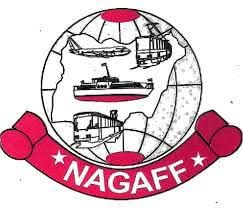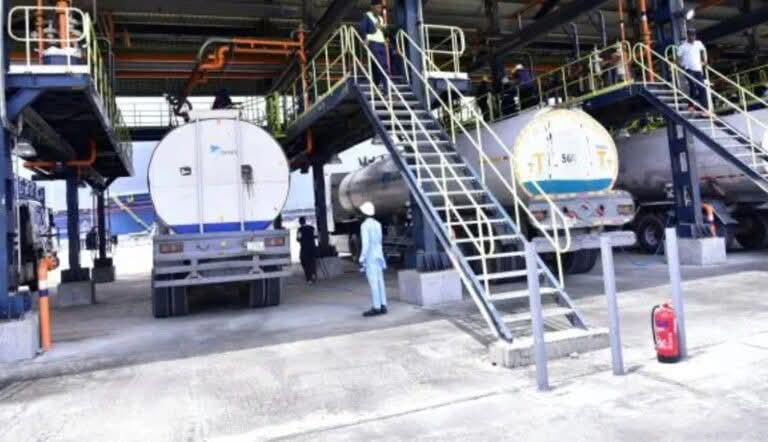
NAGAFF : Segun Musa Blasts AfCFTA.
NAGAFF : Segun Musa Blasts AfCFTA.
By Fly Cable News
The Vice President, Air and Logistics of the National Association of Government Approved Freight Forwarders, NAGAFF, Dr. Segun Musa, accused the body of failing to demonstrate the seriousness needed to maximize the benefits of AfCFTA.
Dr. Musa described the body’s approach as overly theoretical and ineffective, accusing them of preferring “talk shows” to practical solutions.
He alleged that they have made little progress beyond paper presentations and abstract discussions, and advised them to focus on dialogue, practical strategies, and action plans.
According to him, the AfCFTA committee had failed to attend critical meetings, saying that”during our last meeting, the body responsible for AfCFTA facilitation did not show up.”
He said that the success of the Committee would be measured by their tangible outcomes rather than endless discussions.
The NAGAFF Vice President said that he was disappointed with the quality of virtual meetings organized by the committee, claiming that they lacked depth and actionable resolutions.
Dr. Musa emphasized the importance of practical engagement, urging the AfCFTA coordination body to involve stakeholders in meaningful discussions aimed at achieving results.
“If they are serious, they should engage those of us ready for practical dialogue and focus on how to build Nigeria’s capacity to participate in the continental trade. Their avoidance of public discussions only confirms their lack of direction,” he said.
Highlighting the potential benefits of AfCFTA, Musa argued that Nigeria’s failure to prepare adequately is a missed opportunity. He called on the government to take the agreement seriously by addressing key challenges such as local production capacity, standardization, and export readiness.
“AfCFTA is a huge opportunity, but without a solid plan and active stakeholder involvement, Nigeria will continue to lag behind,” he said.
The African Continental Free Trade Area, aimed to foster intra-African trade and economic integration, requires strong national coordination for effective implementation.














Post Comment